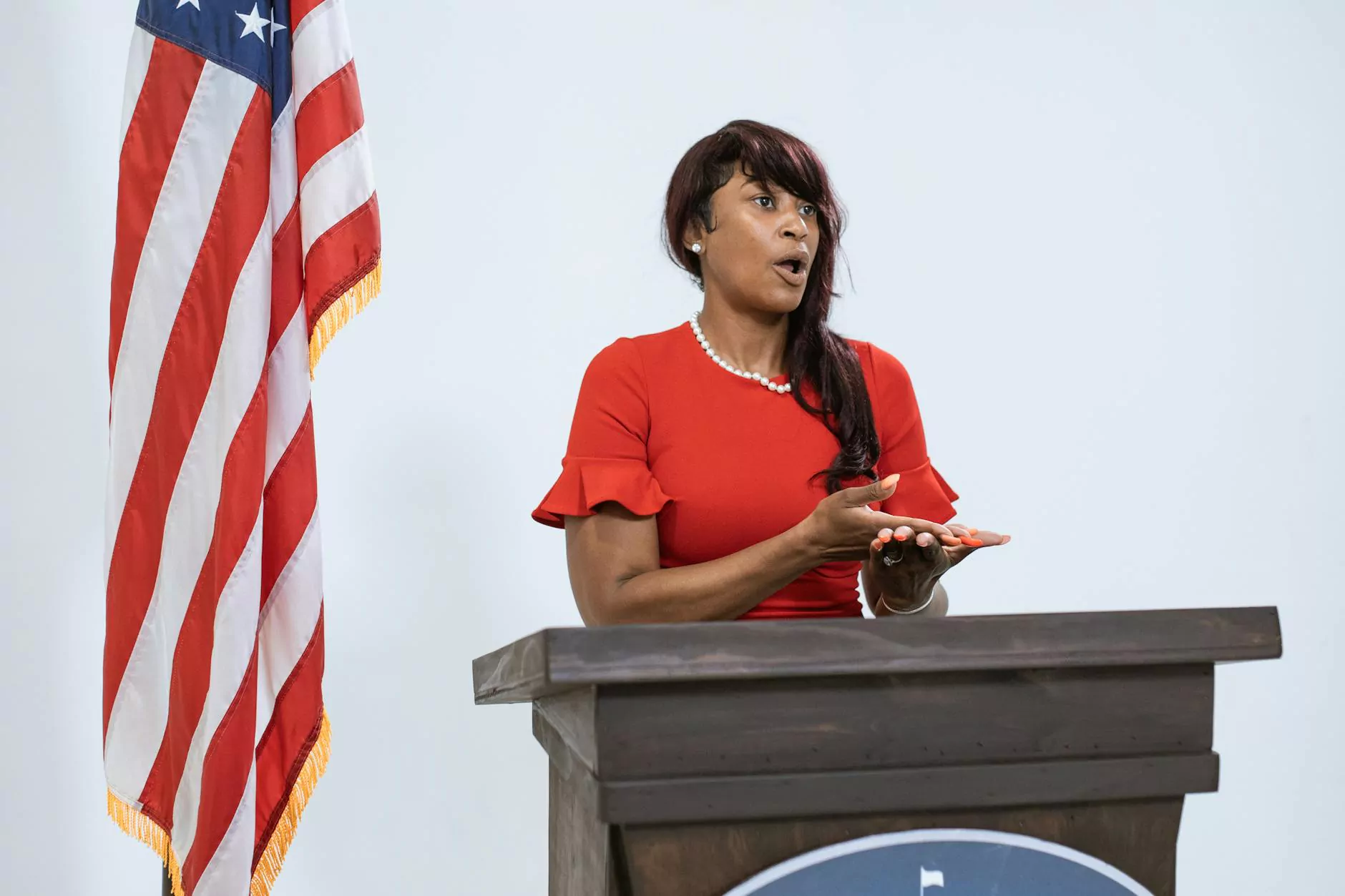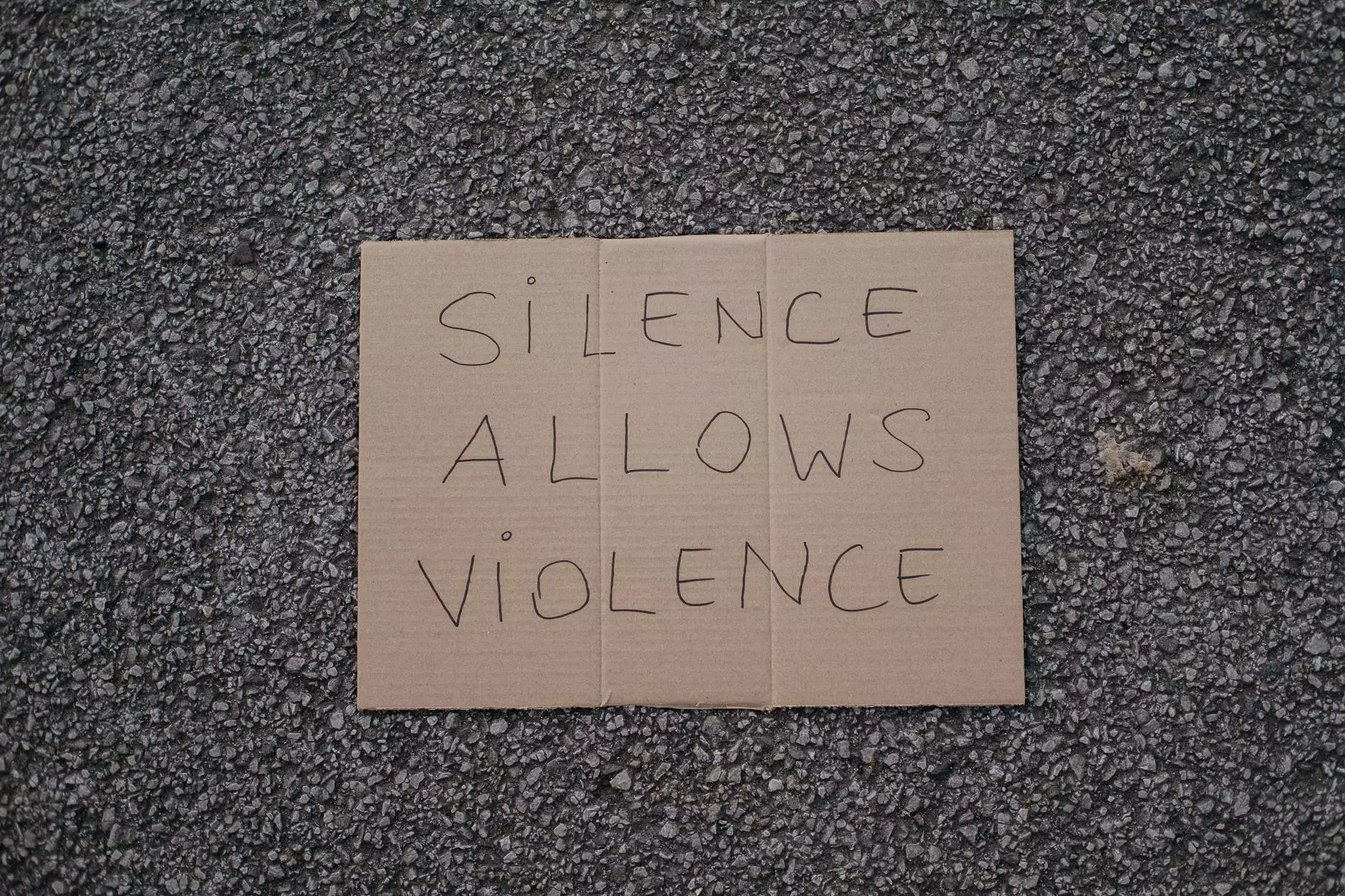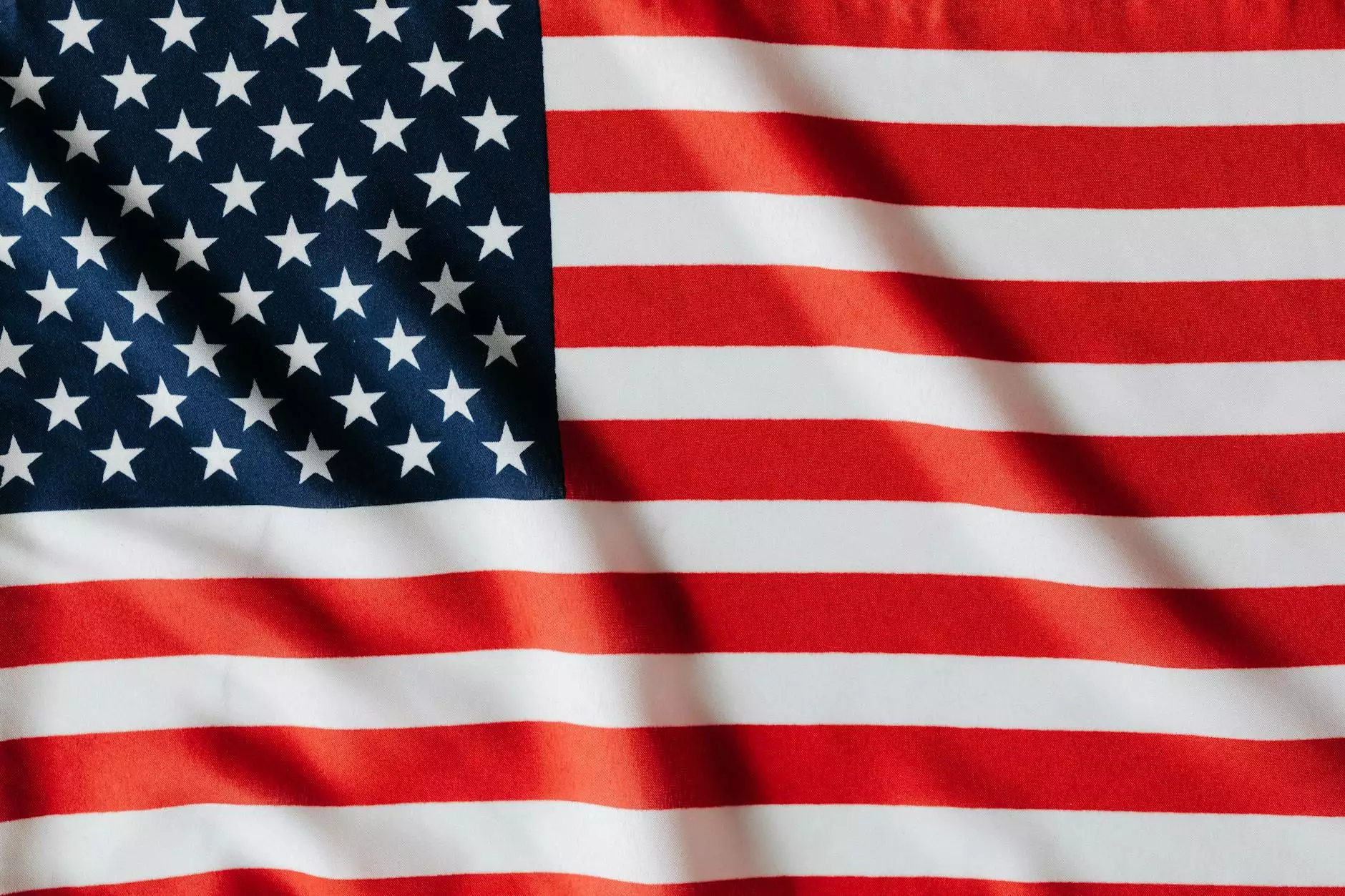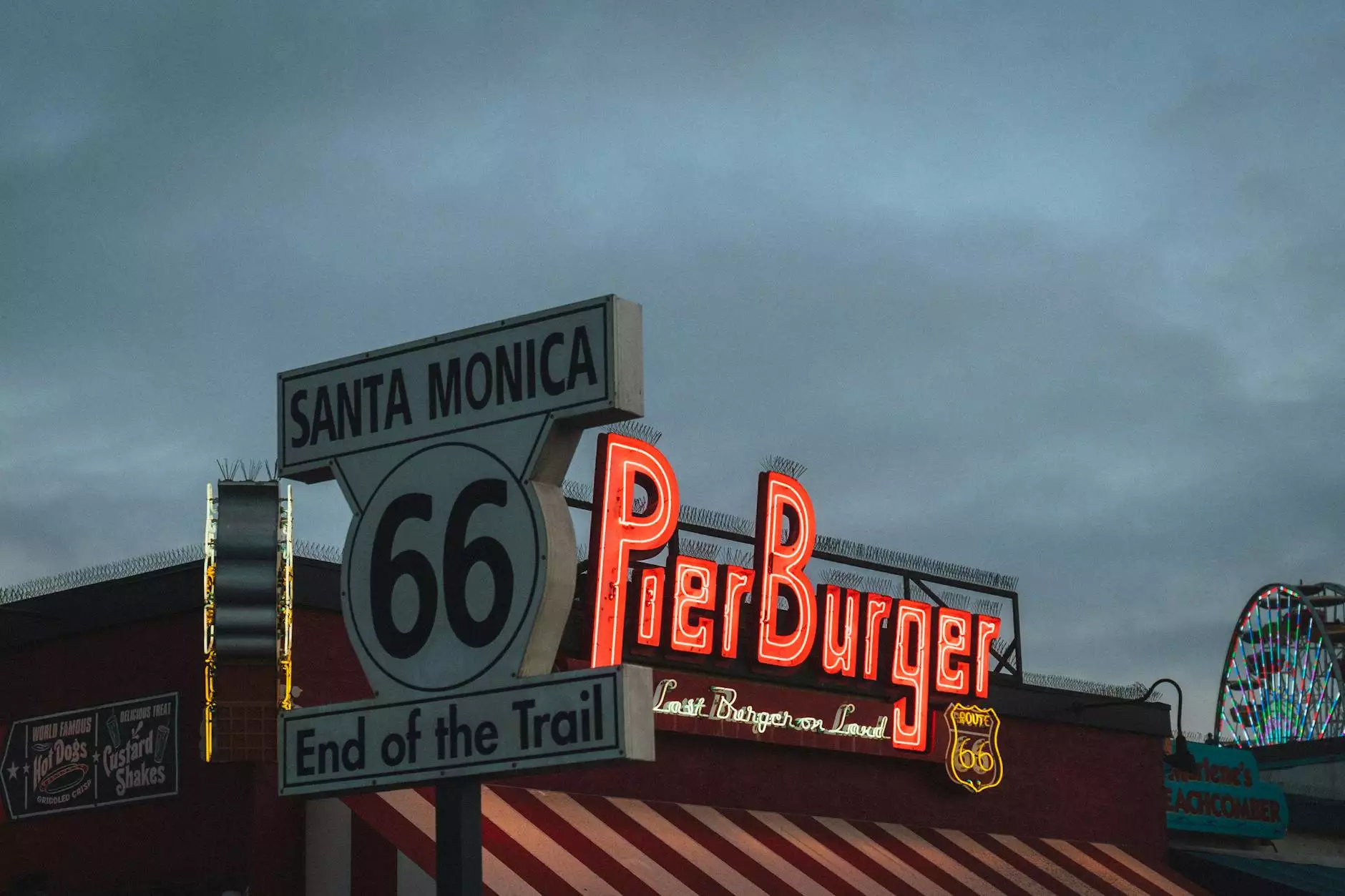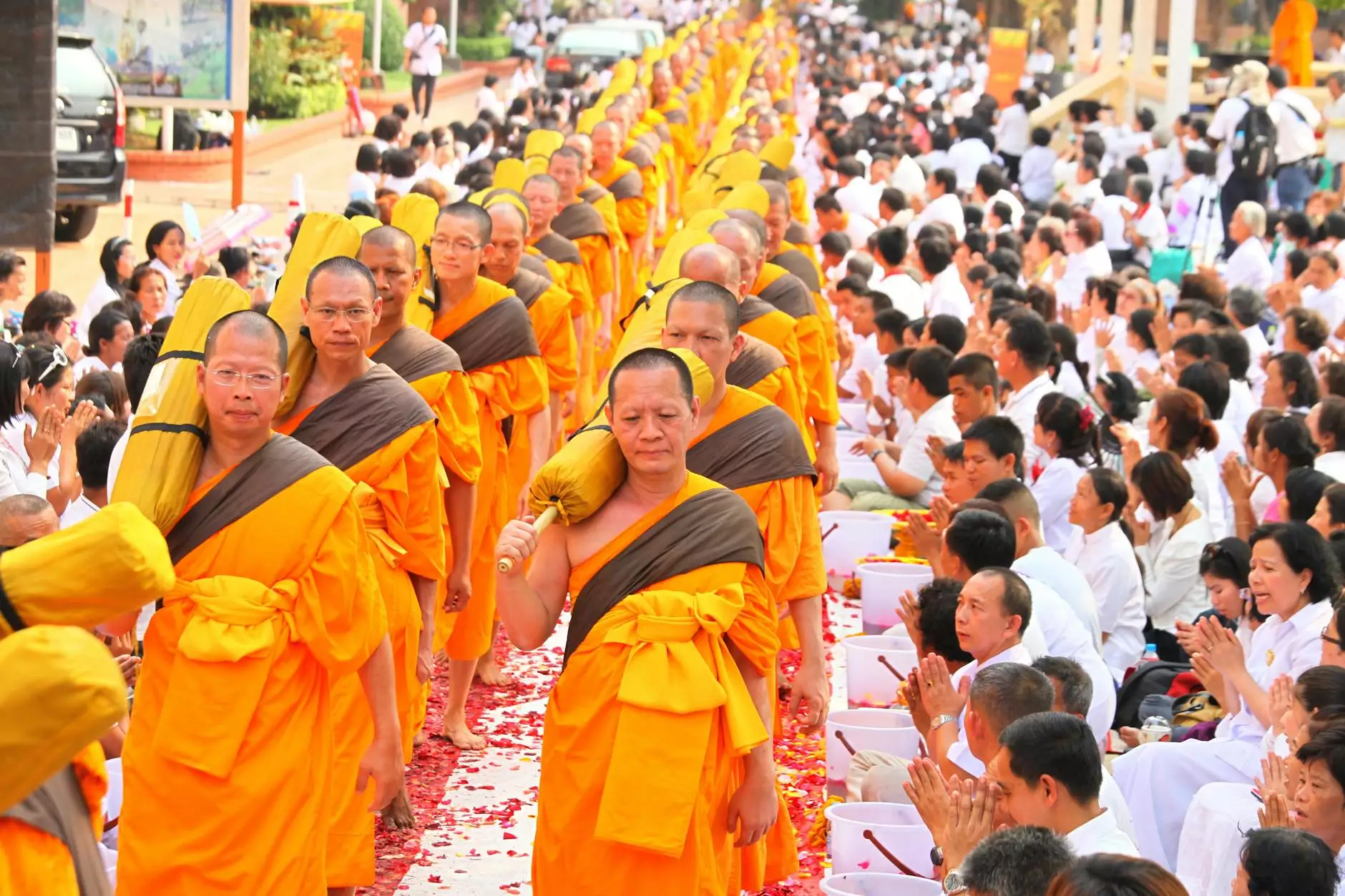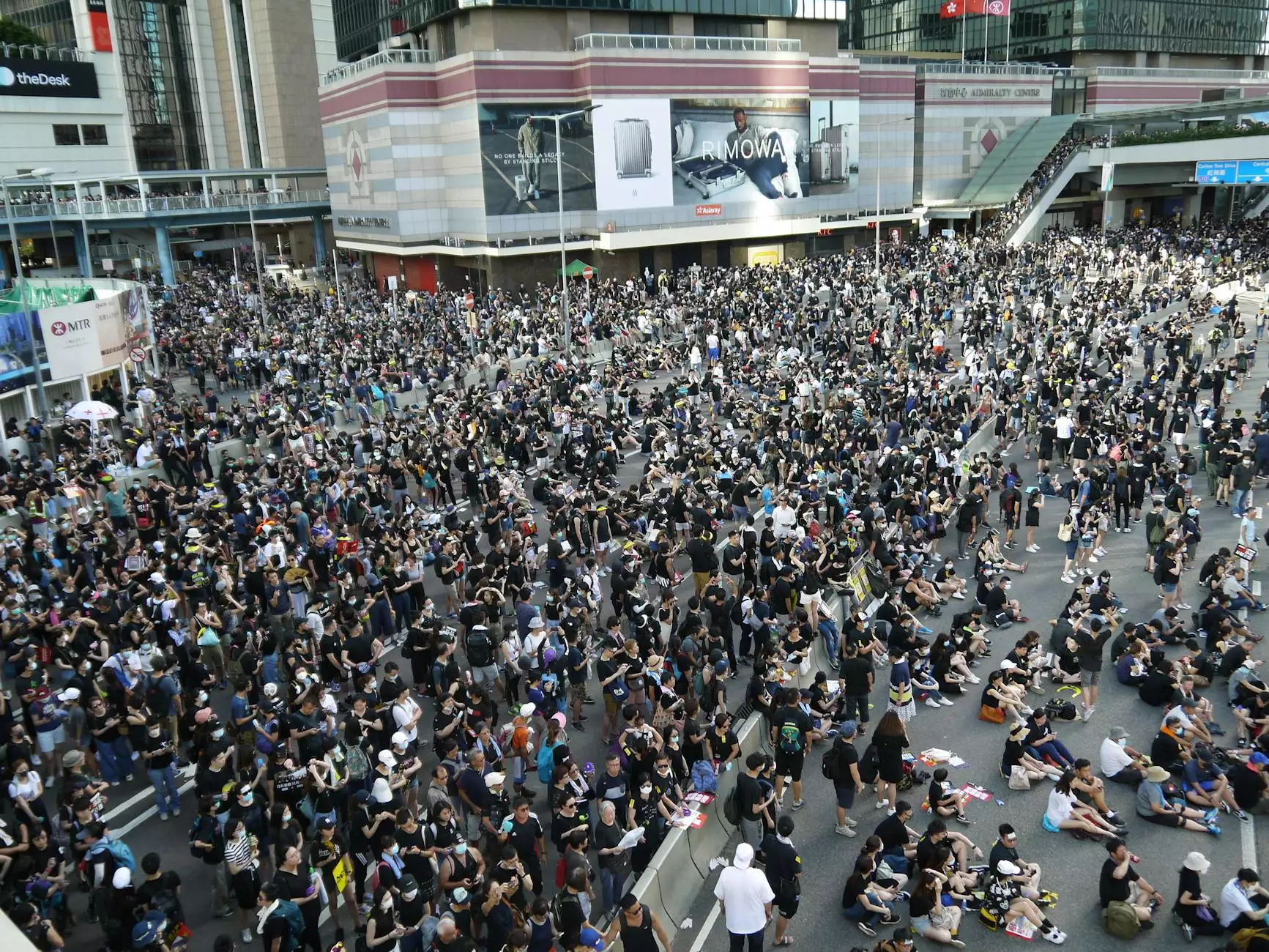“Simon, do you love me? … Feed my sheep” – A reflection on why denying communion to Catholic politicians is an act of violent coercion
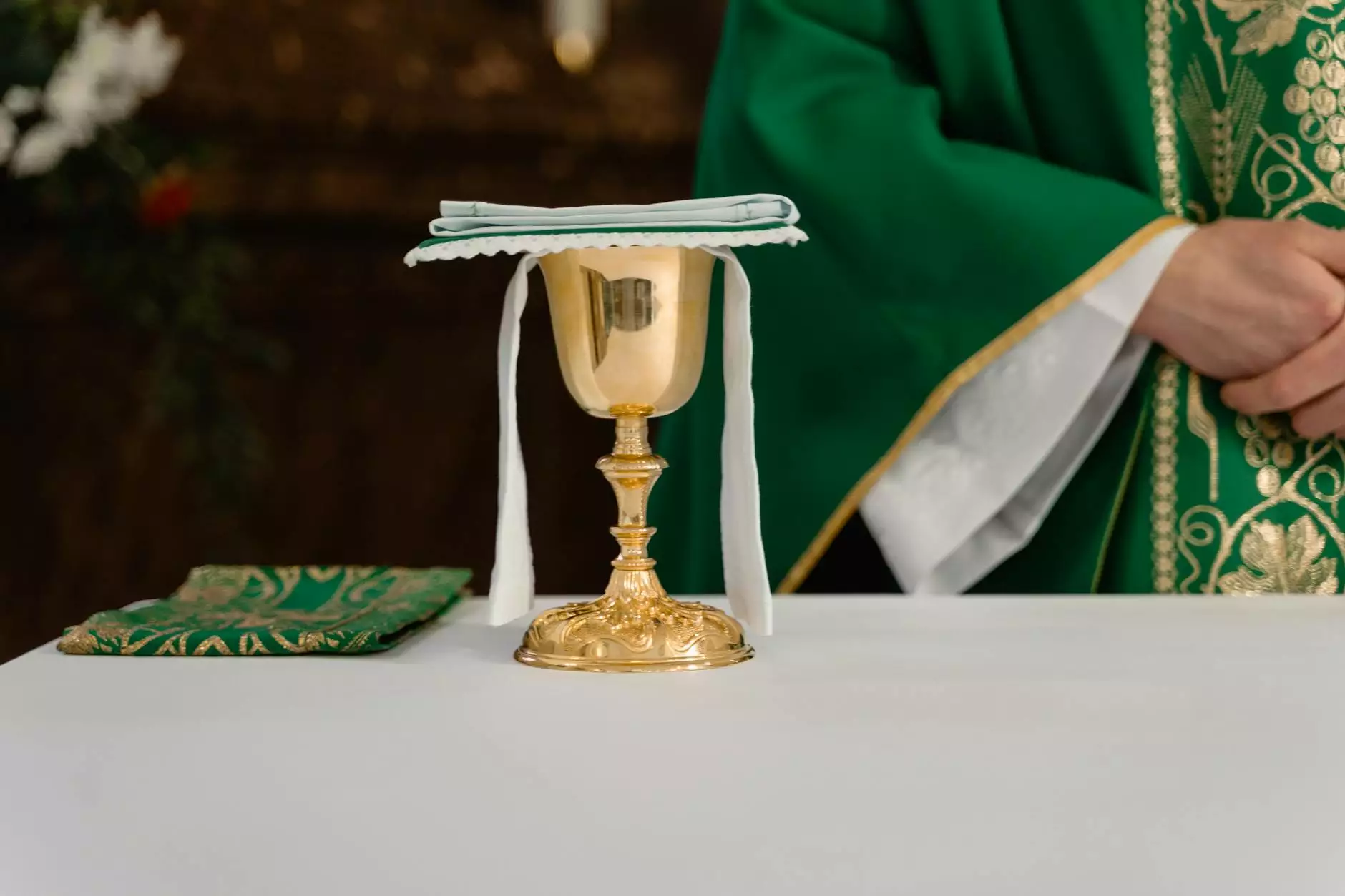
Introduction
Welcome to Peace Church, a platform dedicated to fostering unity, understanding, and promoting meaningful discussions about faith and beliefs within our community. In this reflection, we delve into the controversial topic of denying communion to Catholic politicians and explore why this practice can be seen as an act of violent coercion. Join us as we delve into the intricacies of this matter with honesty, compassion, and respect.
Understanding the Sacrament of Communion
Before we examine the issue at hand, it's crucial to establish a shared understanding of the sacrament of communion. Communion holds deep significance within the Catholic faith, symbolizing the union with Christ and fellow believers. It represents a spiritual nourishment, a sharing in the body and blood of Jesus Christ, and a celebration of unity in the faith community.
The Role of Catholic Politicians
In today's diverse society, faith and politics often intersect. This intersection is particularly relevant when considering Catholic politicians who hold public office. Catholic politicians are individuals who belong to the Catholic Church and also actively participate in political affairs. Their positions allow them to influence and shape public policy, governance, and legislation.
The Controversy Surrounding Denying Communion
Within the Catholic Church, the controversy of denying communion to Catholic politicians has gained significant attention. Advocates argue that those who publicly support policies conflicting with core Catholic teachings should not receive communion. On the other hand, opponents express concerns that denying communion can lead to exclusion, judgment, and potentially undermine the separation of church and state.
Examining the Act of Denying Communion
Denying communion to Catholic politicians is a complex issue that demands a nuanced analysis of its implications. While it is essential to respect the authority of the Church in setting its own guidelines, it is equally vital to consider the potential consequences and the broader impact on society.
Affirming Human Dignity and Religious Freedom
By denying communion to Catholic politicians based on their political views, the act can be viewed as a form of violent coercion. It undermines the principles of religious freedom and human dignity, core values that should be upheld within our society. This approach risks alienating individuals, promoting division, and stifling open dialogue necessary for collective growth and understanding. Instead, a more inclusive approach can foster an environment where diverse perspectives can coexist peacefully, fostering mutual respect and collaboration.
Building Bridges and Encouraging Dialogue
At Peace Church, we believe in building bridges of understanding and encouraging dialogue on sensitive topics. It is our mission to create a space where individuals can explore their faith, express their beliefs, and engage in respectful conversations, regardless of political affiliations. Together, we can strive for a society that embraces diversity and promotes harmony.
Conclusion
In conclusion, the act of denying communion to Catholic politicians raises important questions about the intersection of faith and politics. While diverse perspectives exist, it is crucial to approach this matter with empathy and understanding. At Peace Church, we advocate for open dialogue, respect, and the nurturing of compassion within our community. Let us remember the words, 'Simon, do you love me? … Feed my sheep,' and strive to embrace love and unity, rather than coercion and division.
Join Peace Church
If you resonate with our mission and values, we invite you to join Peace Church and become a part of our inclusive community. Together, we can create a vibrant environment that fosters acceptance, understanding, and love.

